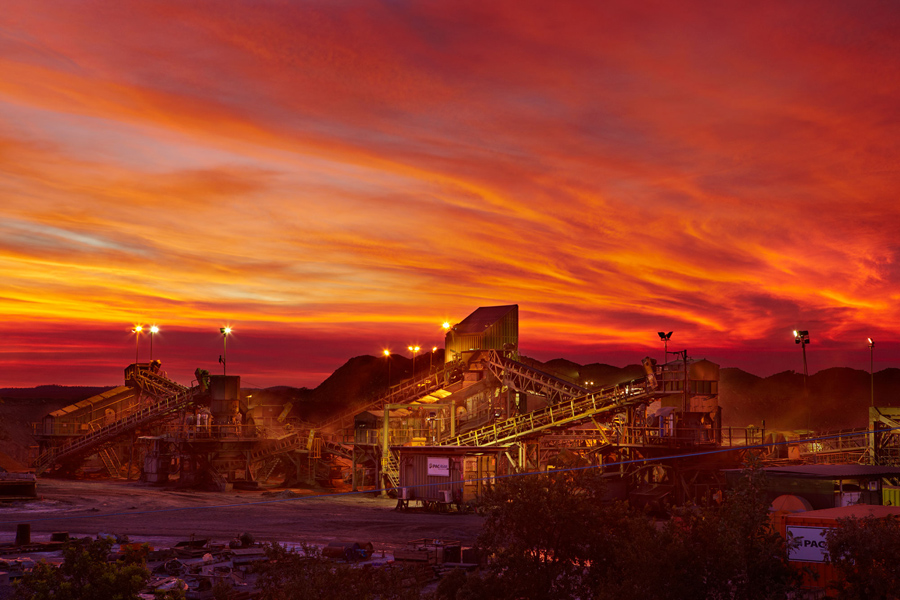
Glencore Plc’s plans to expand one of the world’s largest zinc and lead mines has been thrown into doubt after an Australian government judged it failed to adequately consult with Aboriginal custodians over the protection of a sacred site.
In a ruling that may remind resource investors of the backlash against Rio Tinto Group’s 2020 destruction of ancient rock shelters, the Northern Territory government found that Glencore didn’t consult all custodians of the Damangani sacred site on its McArthur River mine expansion plans.
Read More: Ancient sites, sacred snake raise risks for Australian resources
The Swiss-headquartered company claimed in March 2017 to have reached an agreement with Indigenous stakeholders for the expansion. According to the Aboriginal Areas Protection Authority, the government’s ruling announced Tuesday means the company must undertake consultation with all custodians before it commences any expansion.
“Protecting sacred sites is not a box to be ticked, or an obstacle to be sidestepped,” Benedict Scambary, chief executive officer at the protection authority, said in a statement. “Aboriginal custodians must give free, prior and informed consent to development.”
As part of its expansion plan, Glencore is seeking to almost double the height of a waste rock facility adjacent to the Damangani sacred site. The height of the facility is currently limited to 80 meters to preserve the visibility of Damangani within the surrounding landscape.
In response to the government ruling, Glencore said in a statement emailed Wednesday that since 2018 it had “publicly committed to engaging with traditional custodians to negotiate an Indigenous Land Use Agreement.” It added it remained “committed to further development of our mine site.”
Miners around the world have been under pressure to improve Indigenous heritage protections after Rio Tinto destroyed rock shelters used by Australia’s Indigenous people for an estimated 46,000 years. The incident at Juukan Gorge in Western Australia saw several of Rio’s senior managers, including former chief executive officer Jean-Sebastien Jacques, leave the company, as well as triggering a revamp of the state’s heritage protection law.
Glencore’s corporate culture has been in the spotlight in recent years after it announced it was being investigated by the U.S. Department of Justice for corruption and money laundering. New CEO Glen Nagle on Tuesday acknowledged there had been “flaws in our culture,” vowing to stamp out misconduct.
(By James Thornhill)
Comments